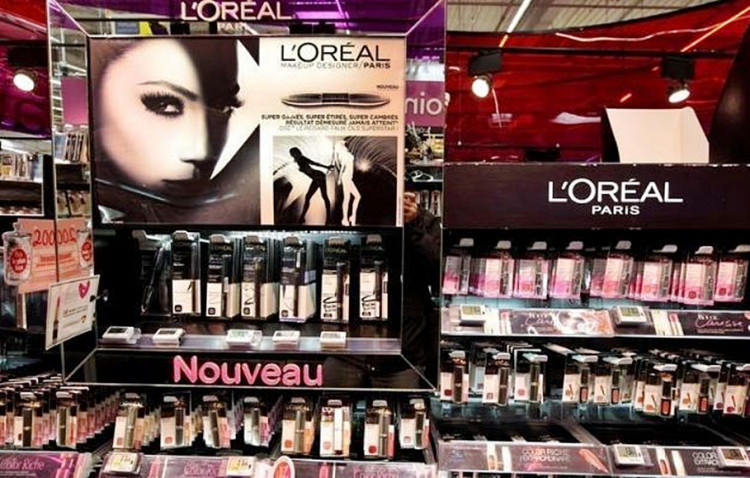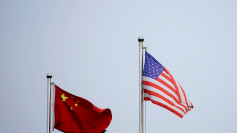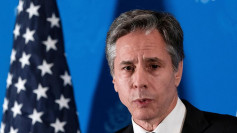L'Oréal S.A., the world's largest cosmetics company, has seen no let-up in the growth of its China operations despite headwinds battering the Chinese economy.
L'Oréal CEO Jean-Paul Agon said he sees the great appetite for high-end beauty products from Chinese consumers, who also have more and more income to spend. He also saw no slowdown in consumer buying despite the trade war between the United States and China.
Agon said in terms of consumption in our categories, "we don't see any slowdown" in China. What we see is a great appetite of Chinese consumers for high-quality beauty products. There is also more and more income for the Chinese to spend.
L'Oréal yesterday reported $7.34 billion in revenue for the third quarter, which was a 6.2 percent increase year-on-year, and 7.5 percent higher on a like-for-like basis. Agon described L'Oréal's Q3 results as the company's "best quarter ... in 10 years." He pointed out the strong sales growth was mostly due to the "very strong growth in Asia."
L'Oréal is seeing what it refers to as a "premiumization" in the Chinese market. Agon said this means Chinese consumers not only want to buy more products, but they want also higher quality products, better products, more expensive products, which is extremely positive.
Agon pointed out L'Oréal isn't seeing any direct inflation pressures resulting from Trump's trade war.
Accelerated by Trump in July, the U.S. imposed 25% tariffs on $34 billion of imported Chinese goods. China responded with similar retaliatory tariffs on U.S. products.
Trump levied additional tariffs on $16 billion worth of Chinese imports on Aug. 23 with China responding proportionately. A further tariff on $200 billion of Chinese goods was levied on Sept. 24, to which China responded with tariffs on $60 billion of U.S. goods.
Trump claims this tariff war is necessary to protect U.S. intellectual property and to slash the massive U.S. trade deficit with China, which grew from July to September, however. The U.S. is planning a new round of tariffs targeting $257 billion worth of Chinese imports on Jan. 1, 2019. Trump is using this threat as a bargaining chip in his upcoming meeting with Chinese president Xi Jinping.
Agon said his company is seeing some increases here and there, but with the level of growth margin that we have, "it's not going to impact very materially our business."
He also said India and Korea are among other Asian markets boosting the firm's performance






